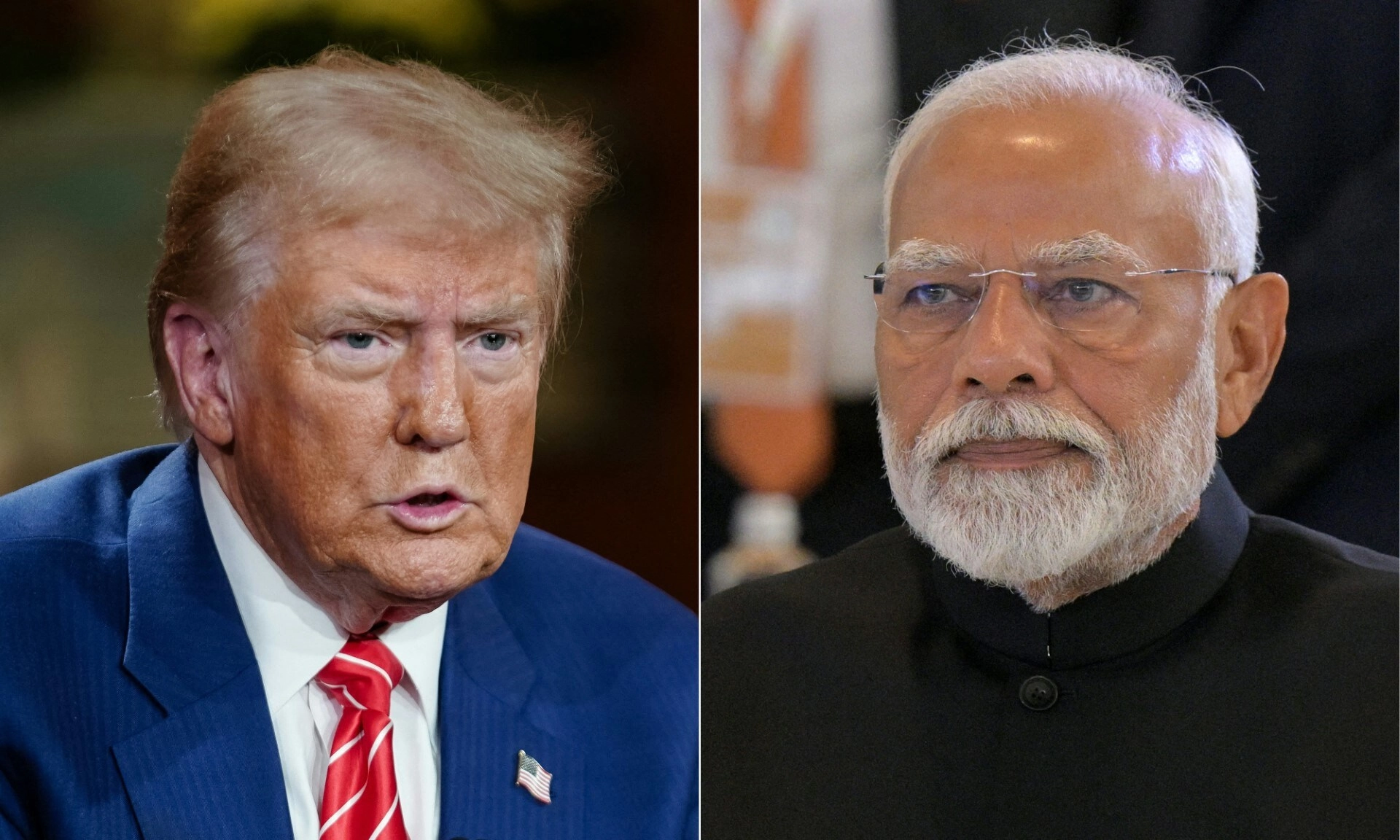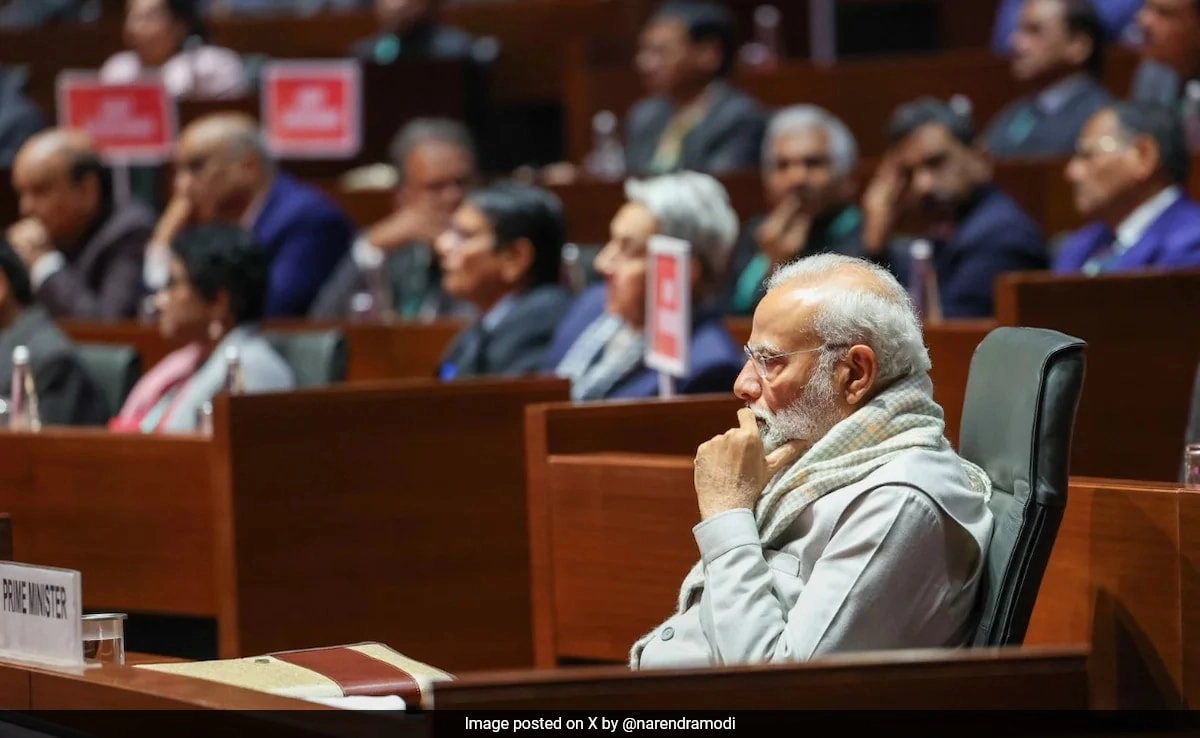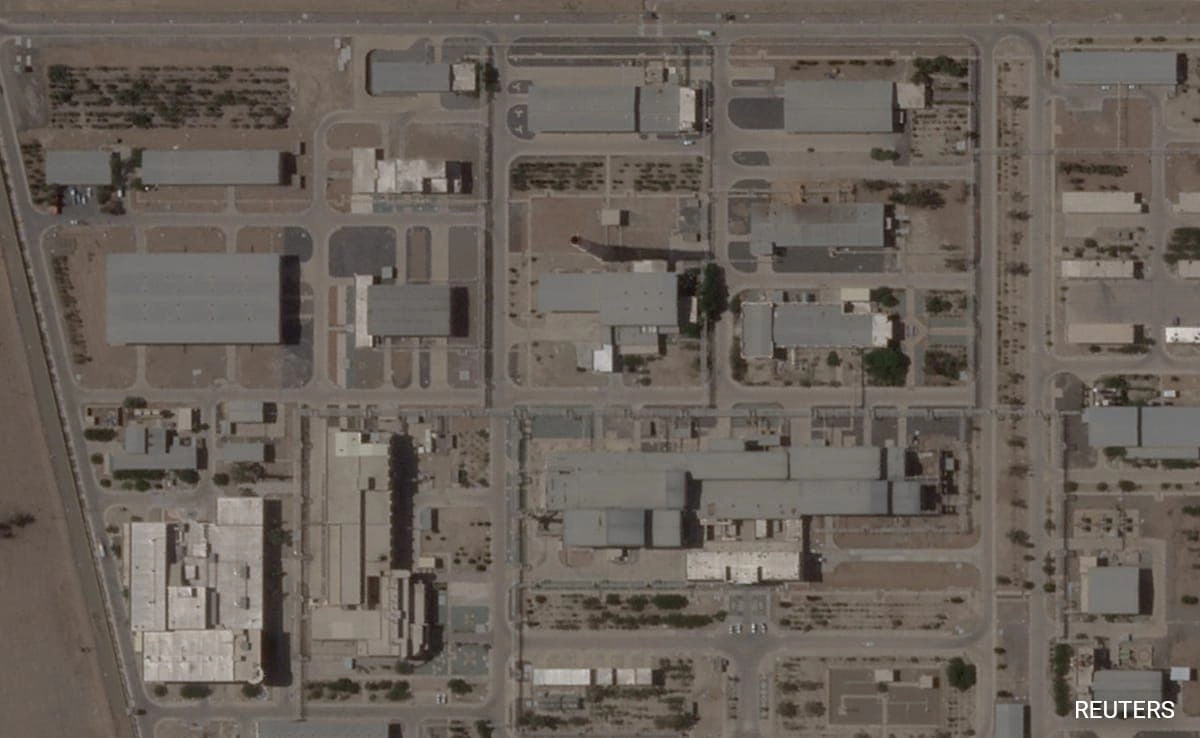In a recent statement, former U.S. National Security Advisor John Bolton made headlines with his sharp commentary regarding former President Donald Trump’s approach to tariffs. Bolton quipped that Indian Prime Minister Narendra Modi should consider nominating Trump for the Nobel Prize—not just once, but twice. This remark, laced with sarcasm, highlights Bolton’s disapproval of Trump’s economic policies, particularly his inclination towards imposing tariffs as a means of addressing trade imbalances. The jest underscores a broader critique of Trump’s administration, especially how his policies have shaped international relations and trade dynamics.
Tariffs, which are essentially taxes imposed on imported goods, were a cornerstone of Trump’s economic approach. He argued that they were necessary to protect American industries and jobs, particularly in manufacturing sectors. However, this strategy was met with both domestic and international backlash. Critics, including Bolton, suggest that such measures not only strained relationships with key allies but also led to retaliation from other nations, ultimately harming American consumers and businesses. Bolton’s comments imply that the consequences of these tariffs were far-reaching and detrimental, which raises questions about Trump’s legacy and the long-term impact of his policies on global trade.
The notion of nominating Trump for a Nobel Prize, while intended humorously, brings to light the complexities of international diplomacy and trade negotiations. While some may argue that Trump’s aggressive stance on tariffs was a bold move to prioritize American interests, others see it as a misguided approach that undermined established alliances and economic stability. Bolton’s critique serves as a reminder of the contentious nature of Trump’s presidency and the varying perspectives on his policies, particularly in the realm of international trade. As the world continues to navigate the challenges posed by protectionism and globalization, discussions around Trump’s tariff strategies will likely remain a focal point of debate among politicians and economists alike.




